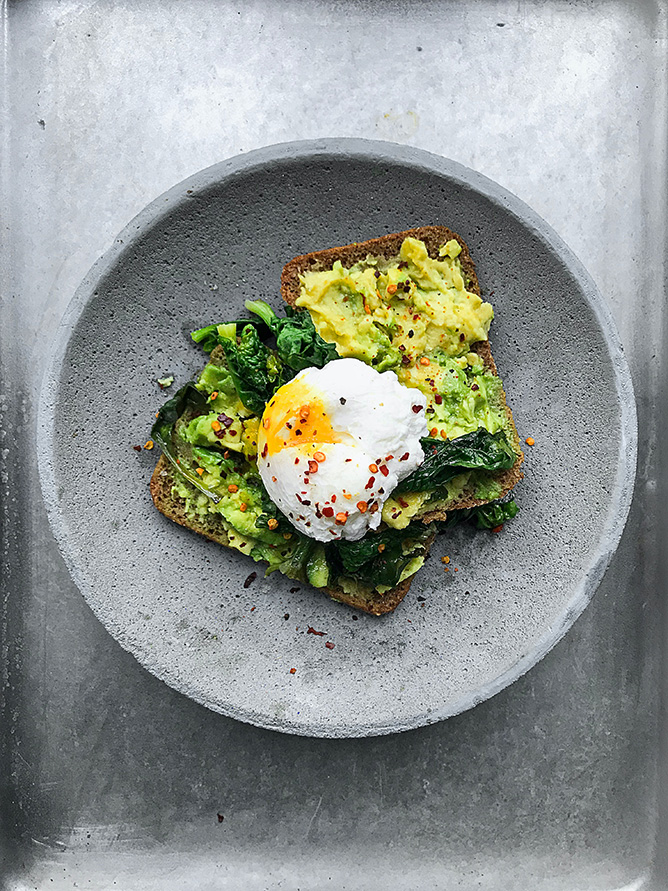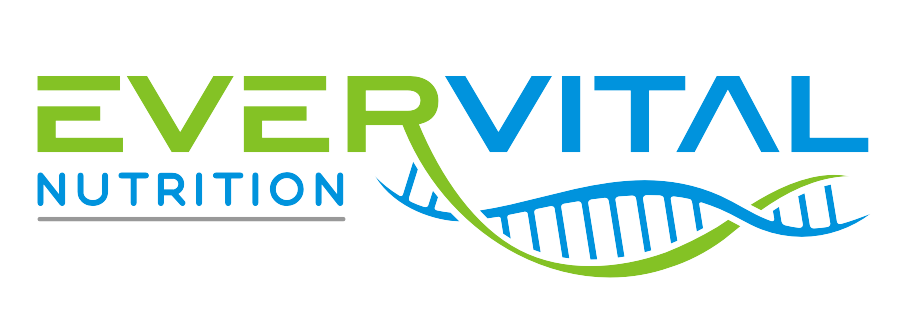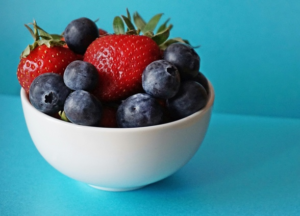
Are you getting enough fiber in your diet?
Most people are most definitely not!
Understanding the different types of dietary fiber and their health benefits is crucial for maintaining optimal gut health and overall wellness.
Let’s explore everything you need to know about fiber… your gut’s BFF.
What Are the Different Types of Dietary Fiber?
When it comes to dietary fiber, not all types are created equal. Each type of fiber plays a unique role in digestive health and offers distinct benefits for your body. Let’s break down the essential types of fiber and their importance in your daily diet.
Soluble Fiber: Your Heart’s Best Friend
Soluble fiber does exactly what its name suggests – it dissolves in water.
Why do you care? Because when soluble fiber dissolves in water, it forms a gel that softens stool. This makes bowel movements easier to pass… and easy-to-poop is so good.
Benefits of soluble fiber include:
- Lowering LDL cholesterol levels by binding cholesterol in the gut, preventing it from being absorbed into the bloodstream.
- Regulating blood sugar and improving insulin sensitivity by slowing down the absorption of sugars into the bloodstream. This can help with diabetes management if you’re dealing with that.
- Supporting healthy gut bacteria growth… I mean… yay!
- Reducing inflammation in the digestive system
- Reducing cancer risk
- Great pooping
Best sources of soluble fiber include:
- Oats and oat bran
- Barley and other whole grains (Barley, rye, and wheat contain gluten, so omit if you’re eating gluten-free. If you’re not sure if gluten is a problem for you – this is one of the markers that we test for with our comprehensive gut health test.)
- Apples, pears, and citrus fruits
- Carrots and sweet potatoes
- Navy beans, black beans, and lentils
- Ground flaxseeds and chia seeds
Insoluble Fiber: The Digestive System’s Natural Scrub Brush
Insoluble fiber isn’t broken down during digestion, but instead it maintains its structure, acting like nature’s scrub brush as it travels through your colon. And who doesn’t want a squeaky-clean colon?
Insoluble fiber is crucial for regular easy-to-pass poops and for overall gut health.
Key benefits of insoluble fiber:
- Preventing constipation and promoting regularity, and therefore, reducing the risk of hemorrhoids and diverticular disease
- Supporting healthy weight management by keeping you full
- Reducing the risk of colorectal cancer
- Maintaining amazing gut health by providing a prebiotic (food) for beneficial gut bacteria
Top sources of insoluble fiber:
- Whole wheat products and wheat bran
- Brown rice and other whole grains
- Nuts and seeds
- Green beans and leafy vegetables
- Cauliflower and broccoli
- Apples with skin, berries, pears, kiwi
- Potato skins
- Corn and quinoa
Resistant Starch: The Prebiotic Powerhouse
Resistant starch represents a unique type of carbohydrate that combines the benefits of both soluble and insoluble fiber. Resistant starch is not digested in the small intestine but is fermented by bacteria in the colon. This prebiotic fiber feeds your beneficial gut bacteria, supporting a healthy, happy microbiome.
Health benefits of resistant starch:
- Improving insulin sensitivity and blood sugar control
- Increasing feelings of fullness and satiety
- Supporting gut microbiome diversity
- Enhancing mineral absorption
- Preventing rapid spikes in blood glucose post- meal
- Helping to alleviate constipation
Where to find resistant starch:
- Green (unripe) bananas
- Cooked and cooled potatoes, oats, and rice
- Legumes like black beans and lentils
- Green peas
How Much Fiber Should You Eat Daily?
There’s some controversy about how much fiber humans should get each day.
The recommended dietary amount (RDA) of fiber for adults depends on age and sex:
- Adults up to age 50: 25 g per day for women and 38 g per day for men
- Adults over age 50: 21 grams for women and 30 grams for men
But gut health experts like us feel this is seriously inadequate.
Currently, dietary fiber intakes among adults in the United States average about 15 grams a day.
One meta-analysis showed that the more fiber you eat, the better. Those who ate the most fiber reduced their risk of dying from cardiac disease, stroke, type 2 diabetes, and/or colon cancer by 16% to 24%, compared to people who ate very little fiber.
More is better.
Tips for Increasing Your Daily Fiber Intake
Ready to boost your fiber intake? Here are science-backed strategies for incorporating more dietary fiber into your meals:
1. Start your day with high-fiber breakfast options:
- Overnight oats with chia seeds and raspberries
- Whole grain toast with avocado
- Greek yogurt with seed “granola” and blueberries
- Sausage, kale, and sweet potato breakfast bowl – our fav!
2. Make smart snacking choices:
- Fresh fruits with skins
- Raw vegetables and hummus
- Maple-Roasted Pecans
- Spiced Pumpkin Bread
3. Upgrade your main meals:
- Replace white grains with whole grain alternatives… we love black (forbidden) rice, it’s higher in protein, fiber, and iron than other rice options
- Add legumes to soups and salads
- Include a variety of colorful vegetables
- Homemade Ramen
- Our favorite salad ever
Important Considerations When Increasing Fiber Intake
While dietary fiber is essential for overall health and especially for your gut health, there are some important things to remember:
- Increase fiber intake gradually to avoid digestive discomfort… we are not kidding here!
- Drink plenty of water throughout the day
- Choose a variety of fiber sources for optimal benefits
- Consider potential interactions with medications
- Listen to your body’s response… if you have gas or bloating, slow it down
- Did we say increase gradually already? Trust us, go slowly
The Connection Between Dietary Fiber and Gut Health
Understanding the relationship between different types of dietary fiber and gut health is crucial for:
- Supporting beneficial gut bacteria
- Maintaining regular bowel movements
- Reducing inflammation
- Improving nutrient absorption
- Supporting immune system function
Incorporating different types of dietary fiber into your daily meals is one of the most effective ways to support your digestive health, maintain healthy cholesterol levels, avoid colorectal cancer, and improve overall wellness. By understanding the unique benefits of soluble fiber, insoluble fiber, and resistant starch, you can make informed choices about your nutrition.
Want to know what’s causing your gut issues? We test for many of the more common harmful bacteria, parasites, and fungi species, plus many of the good guys that produce things we need. We can gather actual data on what’s going on in your gut right now and make adjustments as needed so that you don’t have to live with chronic digestive symptoms!
At EverVital Nutrition, we understand the impact that an unhappy gut can have on your life… we’ve been there.
To help you understand what’s causing your symptoms, we offer a complimentary gut assessment => Schedule it right here











